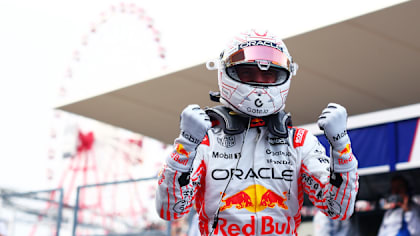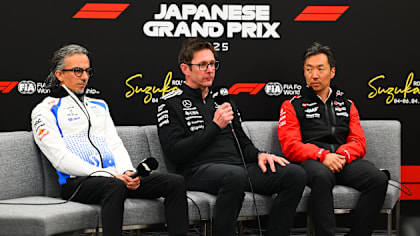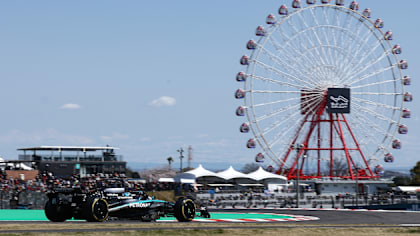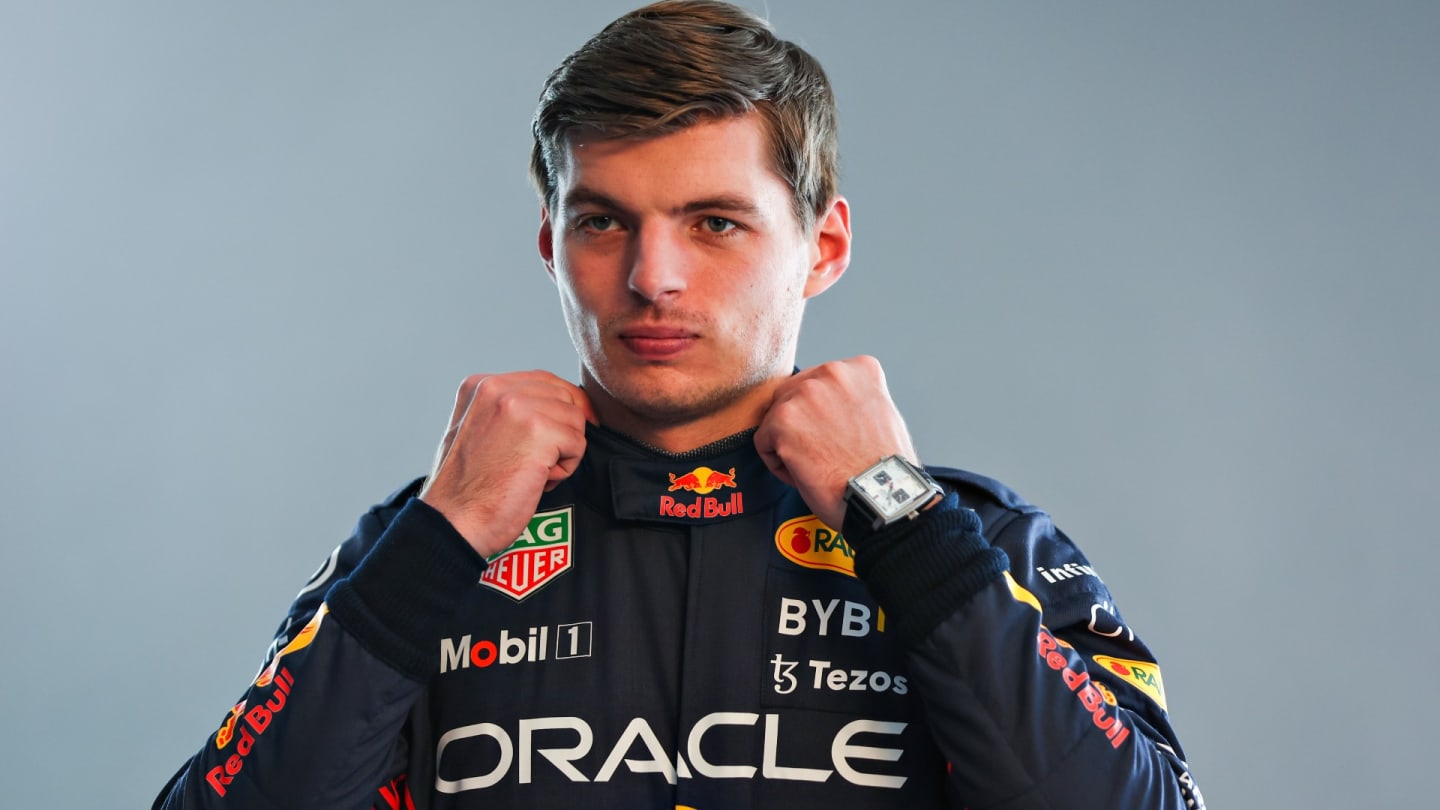
Feature
LONG READ: ‘Every year I try to beat everybody else’ – Why title success hasn’t changed Max Verstappen
Share

Is winning the Formula 1 Drivers’ World Championship the crowning moment in a career or just a step on the path to future glories? With Max Verstappen, it’s tough to tell...
There is no set pattern determining how drivers react when they win the biggest prize in motorsport: sometimes there is untrammelled jubilation, sometimes wonder and disbelief, occasionally there are tears.
Given the drama that unfolded at the end of the 2021 Abu Dhabi Grand Prix, any of those would have been an understandable reaction for Max Verstappen – but the 34th driver to become a Formula 1 world champion doesn’t appear to be any more or less affected by his 20th victory than he does by any of the previous 19. Happy – but not about to let it go to his head. This is the Verstappen way.
READ MORE: Verstappen signs bumper new deal with Red Bull until end of 2028
In fact, it’s always been the Verstappen way. Right from the beginning of his F1 career, when at aged 16 he qualified for his super licence by covering 300kms around the Adria International Raceway in a two-year-old Toro Rosso STR7, Max has been matter of fact about his progress.
The milestones have been coolly ticked off: first race weekend, first race, first points, promotion from Toro Rosso to Red Bull Racing, immediately followed by a first win… all were met with a composed equanimity. Almost, dare one say it, with a sense of inevitability.
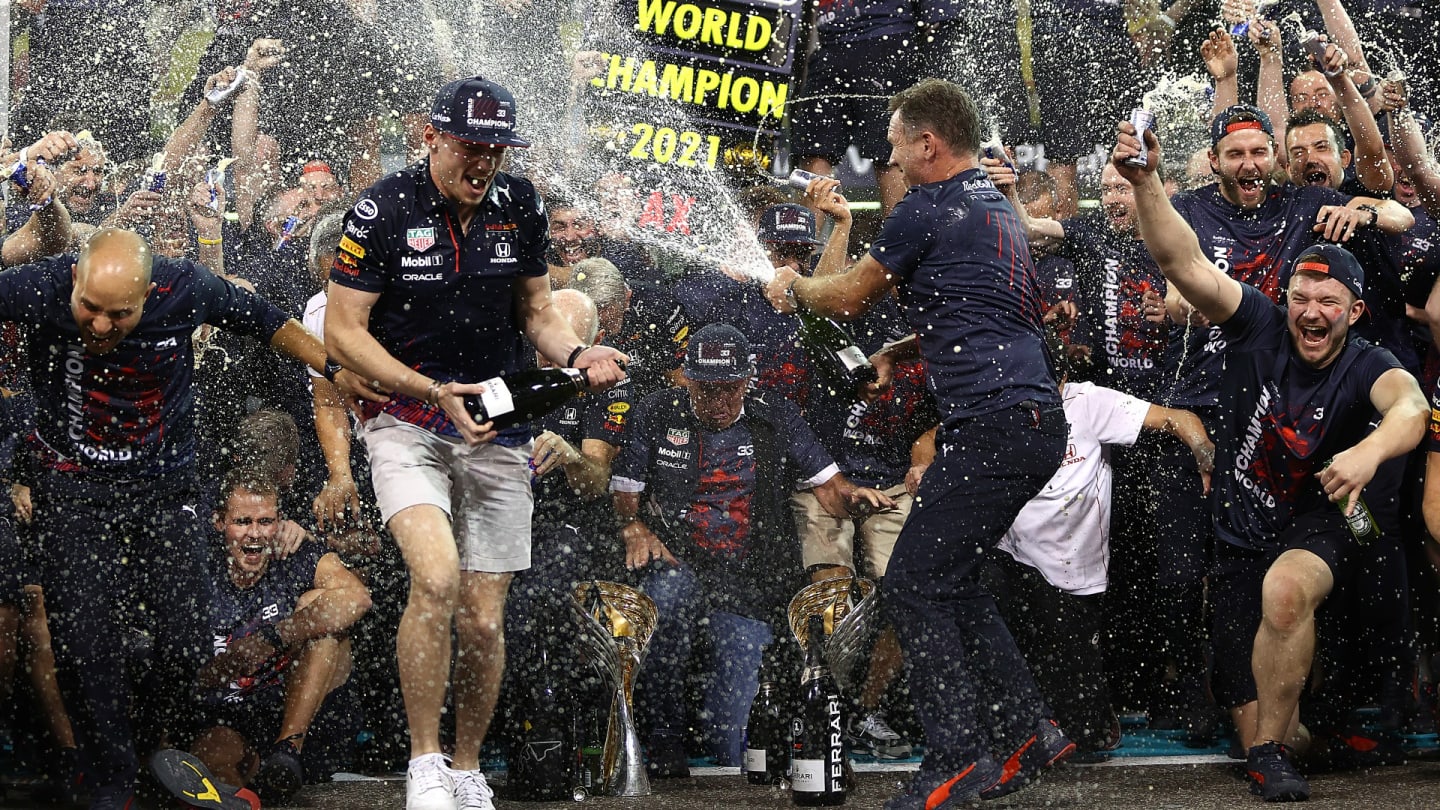
Verstappen had been tipped to be a world champion since his first season in Formula 1
While there are no certain things in sport, from the moment he got behind the wheel of an F1 car, Max Verstappen’s rise to the Drivers’ World Championship always looked a case of when, rather than if. Some might say that the seven seasons it took him to reach the pinnacle were longer than expected. In any case, along the way to becoming the world champion, Max acquired the diplomatic skills to demure.
“It’s always difficult to put a year on it! I never really thought about it too much. I mean, you need to have the opportunities, right? To drive for the right team or have the fastest car or at least have a car that is capable of winning races.
"I think we finally had that last year, and you could clearly see straight away, as a team we were really in the fight. It took seven years; sometimes it can take four, five, one, never! You don’t really know. But we managed to win and I’m happy with that.”
ANALYSIS: Why Red Bull and Verstappen have committed their futures together
Verstappen is neither a calculating robot, nor is he given to wild displays of emotion, rather he is disarmingly down to Earth and determined to stay focussed. But even he, in the aftermath of the tightest title decider in more than a decade, concedes the race weekend in Abu Dhabi wasn’t quite business-as-usual.
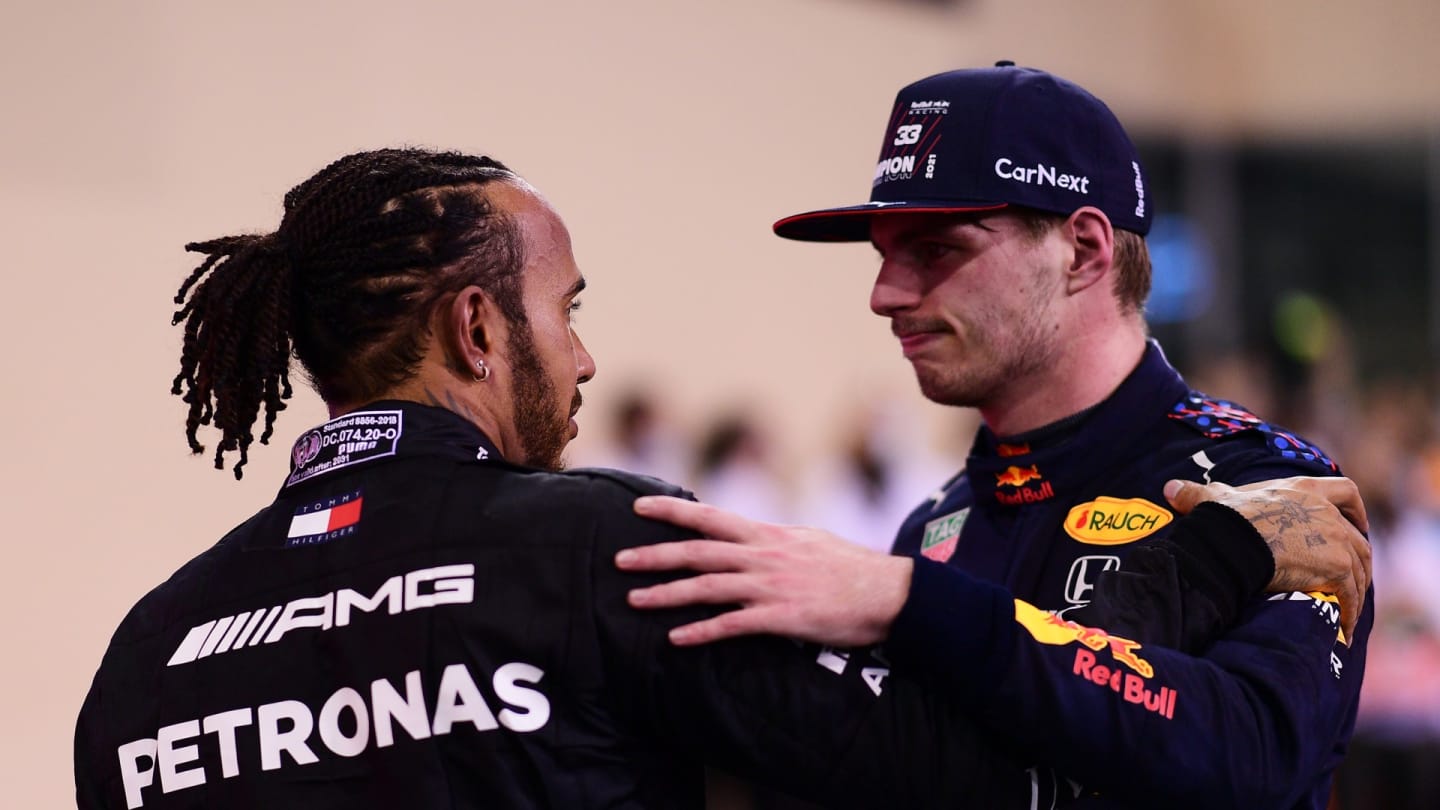
Verstappen beat Lewis Hamilton to the world championship in dramatic circumstances
“It was tense – but at the same time I really was trying to enjoy myself – because how often do you have the opportunity to fight for a title?
“In the lead-up to the race, I was doing the normal things because you shouldn’t alter how you behave. If you’re always trying to do your best every weekend, then why would you change that for a title decider? But, on the Sunday, you’re a bit more nervous than normal.”
Had Abu Dhabi gone the other way, no doubt we would have seen a detached Dutchman on the podium – but one suspects in the aftermath, and indeed in the build-up to the start of the 2022 season, his demeanour would not be very different: it isn’t lip-service when he says he prefers to look forward rather than back.
READ MORE: Verstappen sets blistering benchmark to go top on final day of 2022 pre-season testing
The increasing tempo of the modern F1 calendar makes it difficult to put Verstappen’s level of experience into historical context. On the one hand, with 141 Grand Prix starts to his name, he’s into the realms of what, for other drivers, would be classed as the veteran stages of a successful career, well beyond the number of starts of multiple world champions Juan Manuel Fangio, Jack Brabham and Jackie Stewart and soon to overhaul the likes of Emerson Fittipaldi, Mika Hakkinen and Ayrton Senna. On the other hand, at just 24, he’s very much still at the start of his career.
F1 pre-season testing 2022: Onboard for Vertappen's fastest lap
“I think I’ve declined!” he jokes, when asked what makes him a better driver today than he was as a rookie. “Nah, I think it’s mainly just general experience. Knowing what to expect of the weekend, how to build up, the general car set-up, how to judge a race better, how to deal with it.
“I think it’s just a natural process. I started when I was 17: I think it’s normal that you become a better driver… not necessarily over one lap because I do think the natural speed needs to be there… but with those other aspects, when you understand them better, you become a more complete driver.
“At the end of the day, you need to feel comfortable with the car: don’t think too much, just do your thing. That’s what I did last year – but I also did that the year before. I didn’t have the car to win many races then, but my approach was pretty much the same.”
If becoming a world champion is a life-changing experience for Max, he isn’t letting on. At the shakedown of the RB18, two months on from the Abu Dhabi Grand Prix, he cheerfully brushed aside the notion that having the number one stickered on the new model is a gamechanger. Hunter or hunted, it makes no difference. “It really doesn’t matter,” he says. “Every year I go into my season trying to beat everybody else.
“It’s the same this year. You can’t really influence these things as you’re dependent on the car. If it’s slow, you’re not going to be beating anyone – except maybe your team mate. The rest you can’t really know, until you know… y’know?”
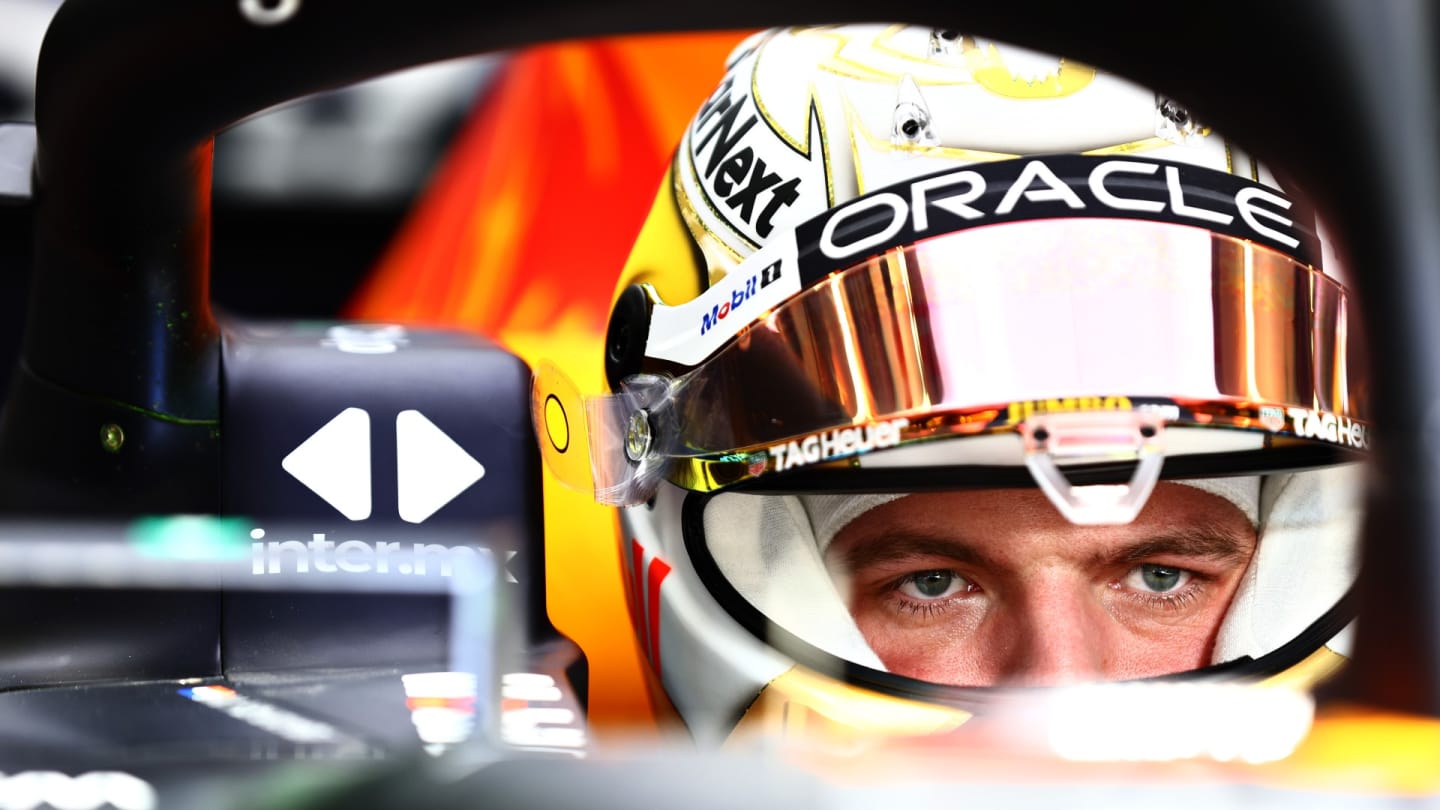
Verstappen is aiming to be the eighth driver to follow up his maiden world championship with a second in the next season
Seven times in F1’s seven decades has a driver managed to follow their maiden World Championship with a second the following year – and none have had to do so while bridging such a significant change in the technical regulations as between 2021 and 2022.
It all means Max couldn’t predict how his championship defence might take shape even if he wanted to: “It’s a bit difficult to say anything. I’m just looking forward to getting back in the car, do my laps in pre-season and then after that, when you’ve really discovered the car a bit more, that’s when I can start to look forward.”
READ MORE: Horner says running #1 on Verstappen's car has 'energised' Red Bull
Like all the drivers, he’s been hard at work in the simulator but Max – just as he has said in every pre-season going back to his F1 debut in 2015 – argues that, for the all the technological advancement of the simulator, it’s no substitute for the real thing. “It’s important to get an impression in real life,” he says. “Once you get that first impression on the track, you can go back to the simulator again and get real value from it.”
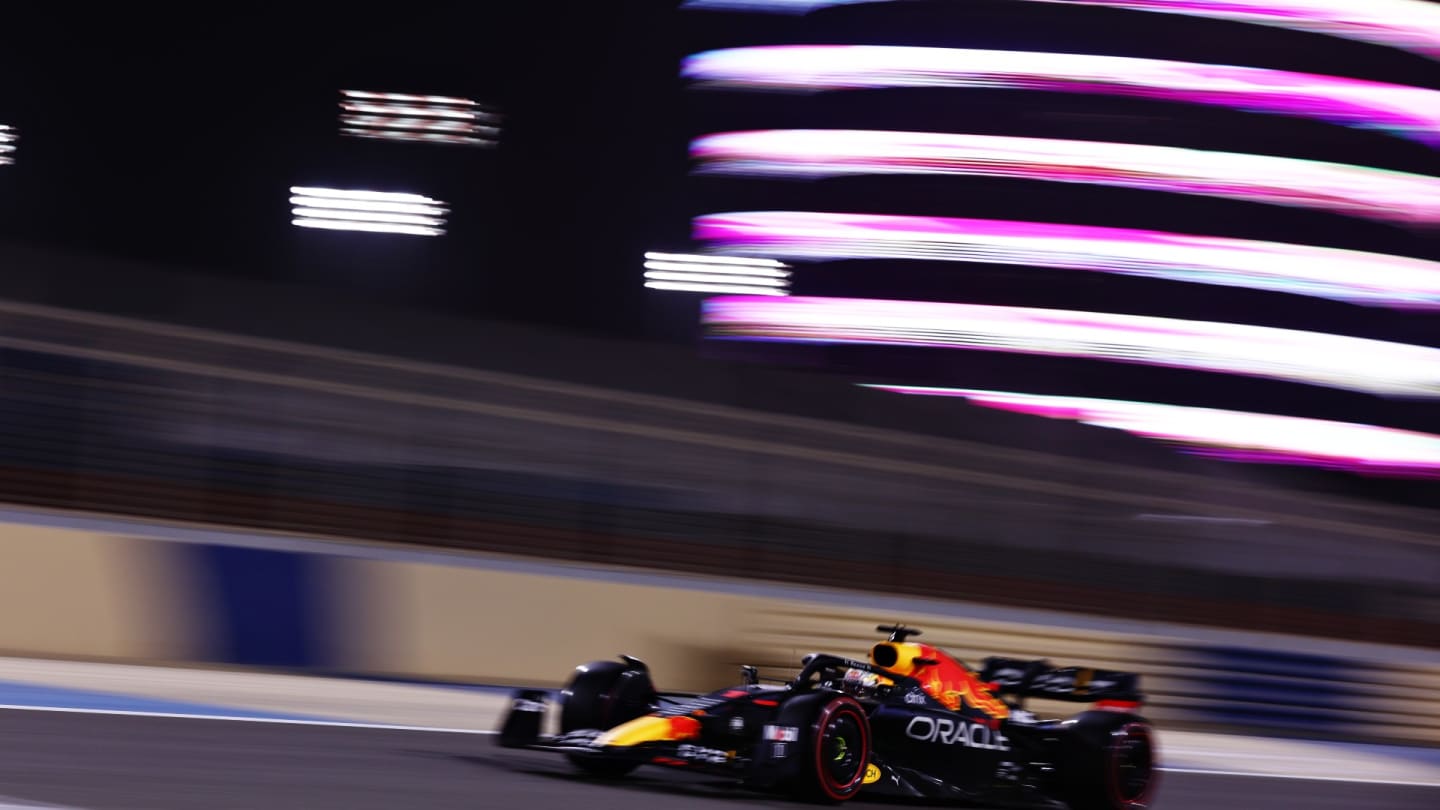
Verstappen and Red Bull had a good few days of testing ahead of his title defence
There is also, says Verstappen, nothing to be learned from his physical preparations over the short off-season. Often there are hints for the year ahead in how the drivers are asked to prepare: paying extra attention to the core and neck in seasons where the team expects more load in the corners; losing weight when hitting the minimum was likely to prove problematic or bulking up when the regs delivered something that was a bit more of an animal to drive.
This winter, however, Verstappen insists everything has been by the numbers. “I wish I could gain weight – but that’s not possible!
“The training has been normal, with the usual programme of trying to improve. Nothing really drastic or crazy, just trying to progress, trying to understand your body better, living as healthily as I can. There haven’t been any issues: it’s been really good to be honest.”
If the new regulations work in the way they are intended, there’s a reasonable possibility 2022 will see race weekends follow a different pattern to the ones Max has known since his debut, with the potential for closer racing diluting some of the heavy qualifying-bias that has been the norm throughout his career.
Normally the reigning world champion has little to gain from change, but in this case, it’s difficult to judge. Verstappen was F1’s dominant Saturday driver in 2021 – but in the preceding years with a Red Bull car off the pace, he’s also proven adept at scrapping his way through the field. It begs the questions: what sort of season is he expecting – and which would he prefer?
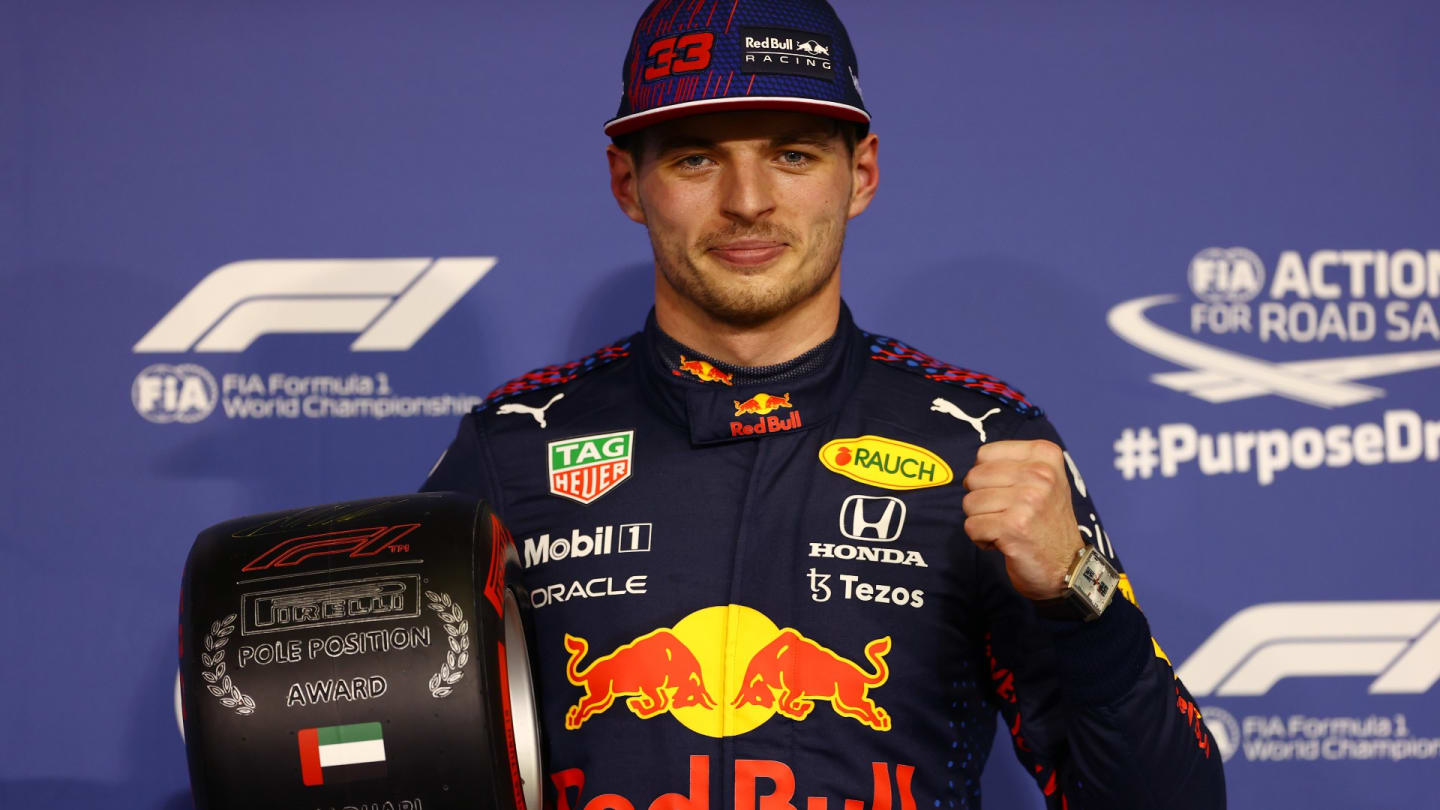
Verstappen was incredibly strong in qualifying in 2021 but has proven his ability to drive through the field in the past
There’s a rare pause before Max answers carefully. “I think it’ll still be both,” he says. “If you have a quick car over one lap, you should have a quick car in the race. We need to make sure we have the fastest car, and then it doesn’t matter how the season goes.
“If you start at the front, you don’t need to pass anyone, so that’s the target.”
Winning the World Championship changes drivers. Some, it curses with indifference, never again to have the drive or determination to scale the heights; for others it’s an emancipating experience, spurring them on to greater feats, unfettered by doubt.
Max Verstappen certainly doesn’t suffer from indifference, and yet it’s difficult to imagine what a more confident Verstappen would look like. Perhaps look again at him collecting the winner’s trophy in Abu Dhabi. He gives every appearance of contentment… but also has the look of someone figuring out what they’ve got to do next.
This article is taken from the first ever Official F1 Race Programme Pre-Season special edition. To read the full version of the programme, download the Official F1 Race Programme app or click here to read online.
YOU MIGHT ALSO LIKE

Video HIGHLIGHTS: Watch the action from Japan as Norris tops FP1 from Russell while Tsunoda impresses
Report Verstappen clinches stunning pole position ahead of Norris and Piastri in Japanese GP Qualifying
News FIA Team Principals press conference – Japan
FeatureF1 Unlocked PRACTICE DEBRIEF: Who’s on top and who’s got work to do after a red flag-filled Friday in Suzuka?

